 Exciting milestone: we successfully took the kids out to see a movie! The boy was entranced from start to finish, and only had one or two moments of “nope this is too scary I need to yell ‘stop!'”, which is tolerable in the scheme of things, especially for a kid-friendly showing with nobody else in the theater. Likewise, the girl was entranced, but not so much that she wasn’t also mobile. However, the furthest away she got was two seats down and on the floor peeking through the next row’s seats. Which, again, entirely tolerable under the circumstances.
Exciting milestone: we successfully took the kids out to see a movie! The boy was entranced from start to finish, and only had one or two moments of “nope this is too scary I need to yell ‘stop!'”, which is tolerable in the scheme of things, especially for a kid-friendly showing with nobody else in the theater. Likewise, the girl was entranced, but not so much that she wasn’t also mobile. However, the furthest away she got was two seats down and on the floor peeking through the next row’s seats. Which, again, entirely tolerable under the circumstances.
Anyway, the movie we saw was Moana 2, as the original is a pretty big hit in the house. I don’t know whether these movies are based on any specific Pacific Islander legends, or a mish-mash of them, or made up from whole cloth to look authentic to people who are willing to shell out money to Disney. (Probably the second one?) What I do know is a) they are convincing and b) they definitely have that quality of good fairy tales and mythologies where you want to know what will happen next and it doesn’t turn out the way you’d expect.
But what I’m really here to talk about is the music, and there this movie was disappointing, albeit not in the way you might expect. Yes, obviously, whoever they hired to do the lyrics did not live up to Lin Manuel Miranda. Yes, obviously, the song they put at the end of the credits is the song that in the movie most closely evokes the main song of the first movie. (But honestly, it’s a little too much like Into the Unknown from Frozen II for my taste.) There was maybe only one song I did think I’d be excited to hear when the kids are listening to the Disney music station on Sirius for years to come, honestly. But none of that is my point.
My point is, usually Disney movie sequels are aggressively mid, so you’re allowed to not care much about what the music even sounds like in the first place. But Moana 2 is not only actually pretty decent (except for the music), but it’s also clearly setting up a trilogy. And if I have to care about the movie, then why couldn’t it have had either comparably good music or else not been a musical in the first place?
Knowing the answer to both forks of that question does me absolutely no good.
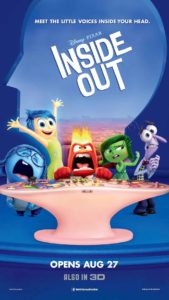
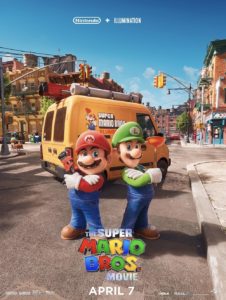
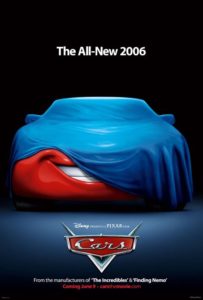
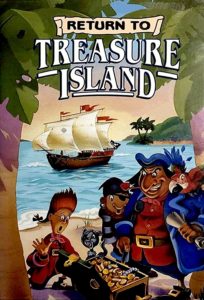
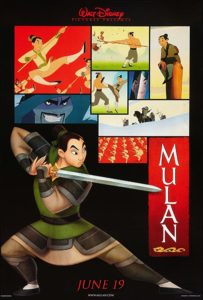 Upon request, I have also watched OD[1]
Upon request, I have also watched OD[1] 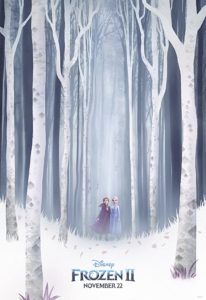 I am legitimately confused to report that I never reviewed Frozen[1]. I mean, I saw it. I even remember that where I saw it was at Laylah’s old house in San Marcos, maybe the spring after it came out? I liked it well enough, not that whether I loved or hated it ought to have influenced my intent to write a review. And the thing is, I was counting on that review to help me with this one, for what I trust are obvious reasons.
I am legitimately confused to report that I never reviewed Frozen[1]. I mean, I saw it. I even remember that where I saw it was at Laylah’s old house in San Marcos, maybe the spring after it came out? I liked it well enough, not that whether I loved or hated it ought to have influenced my intent to write a review. And the thing is, I was counting on that review to help me with this one, for what I trust are obvious reasons.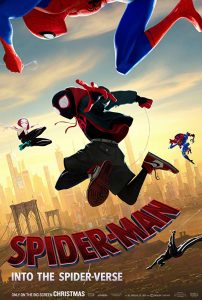 True confessions time: as of yesterday afternoon, I was four reviews behind. I have got to stop with this! But anyway, I tell you that mainly so you don’t think it took me until mid-January to see the latest Spider-Man movie (non-MCU).
True confessions time: as of yesterday afternoon, I was four reviews behind. I have got to stop with this! But anyway, I tell you that mainly so you don’t think it took me until mid-January to see the latest Spider-Man movie (non-MCU).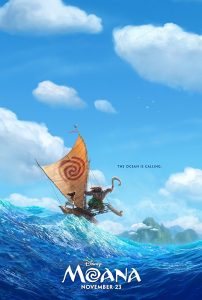 Today while I was working from home, Mary turned on
Today while I was working from home, Mary turned on 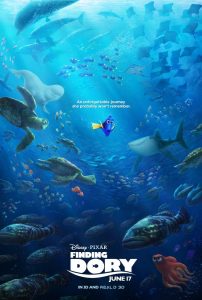 Remember
Remember